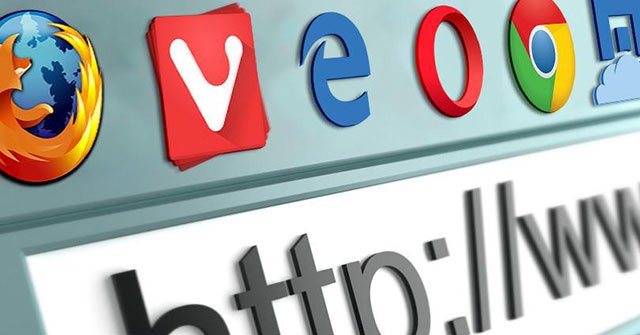The browser makers switch all Web Documentation to Mozilla's port
Mozilla, Google, Microsoft, Samsung and W3C all agreed to integrate their document pages into a single source, which is Mozilla's MDN port.
Formerly known as the Mozilla Developer Network, the site has just been renamed to MDN Web Docs and will host all web standards-related documents and tutorials used on multiple browsers.
This decision was made after more than 2 decades of consideration. Previously developers had to go to different document pages to understand web standards and how to render on each browser. The new MDN Web Docs page will provide all the necessary information about basic HTML, CSS, and JavaScript commands and the latest W3C Web APIs.
Microsoft and Google began moving documents to MDN
In today's announcement, Microsoft said it has shipped more than 7700 MSDN pages (Microsoft Developer Network) to the new MDN Web Docs page.
'More than 5000 MDN, the entire Microsoft Edge interface API (to Windows 10/2017 update 10 Fall Creators Update, Build 16299) is available on MDN,' Microsoft said.
Google also revealed that Chrome has moved web documents to MDN in the past few years.
See also: Have you updated Windows 10 Fall Creators Update on October 17?
MDN started from the days of ancient Netscape
According to Mozilla, MDN has about 6 million users per month, of which 95% access new web standards and JavaScript, HTML5, CSS and Web API documentation pages.
The remaining 5% see separate documents for Firefox and Thunderbird. Mozilla promises to transfer documents to Firefox to a separate section, separate from documents used on many other browsers.

Developers can now find all web documents in one place
The MDN has more than 34,500 pages of documents and more than 20,500 users contributed. Mozilla has created this site since 2005 after having a foundation from the Netscape project. MDN comes up from the old Netscape Navigator browser document, originally named Mozilla Developer Center and later changed to Mozilla Developer Network. Looking at the browser war is also quite funny when Microsoft moved the Edge document back to the MDN.
Representatives from Mozilla, Microsoft, Google, Samsung and W3C have established an initial advisory board (MDN Product Advisory Board) and hope that other browsers and web standards will participate. Some of the big names are Apple, Opera and Vivaldi.
Although many web developers are happy with this statement, there are conflicting opinions. The most common is still the technical language and the complex code patterns of the MDN, also using many old W3Schools services because of its simplicity.